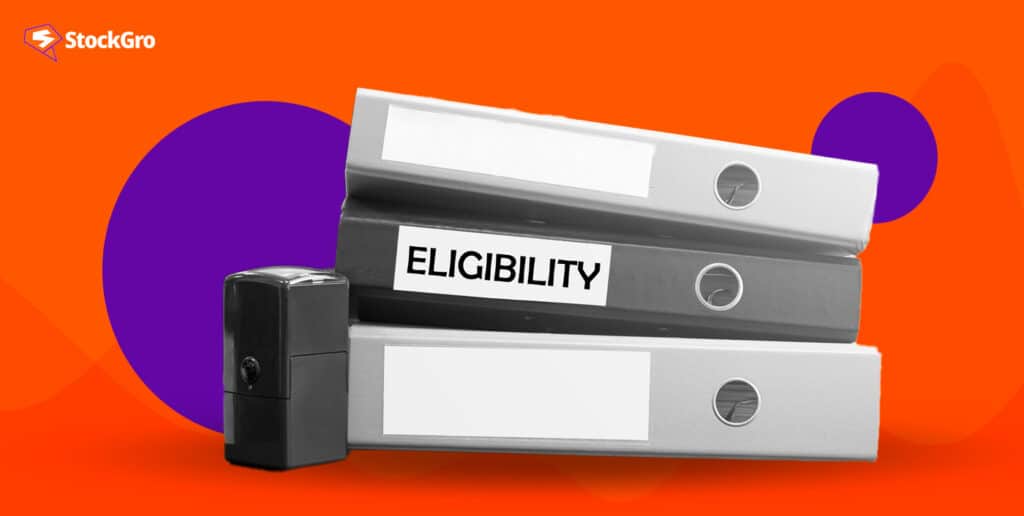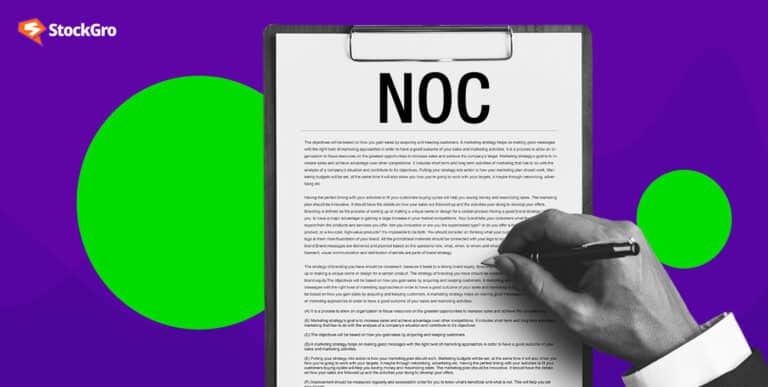
Whether it’s debt consolidation, home renovation, travel or other needs, a personal loan allows you to access funds conveniently. While personal loans have minimal paperwork, knowing the key eligibility criteria and necessary documents can steer your application positively. As a borrower, your credit history, income levels and employment records impact lenders’ decisions and the interest rates offered.
In the section below, we’ll discuss the eligibility criteria and documents required for personal loan.
Overview of Personal Loans
Personal loans allow individuals to get funds to meet big expenses like clearing debts, home renovation, weddings, travel or medical needs. You can get a lump sum amount upfront and pay it back in installments over 1-5 years. Personal loans are “unsecured”, meaning you don’t have to provide an asset as collateral to get the loan.
This makes the process faster than secured loans against gold or property. The flexibility and ease of getting funds make personal loans useful for many individuals.
You may also like: Simplify your financial life with debt consolidation: A complete guide
Importance of Having Personal Loans
Unlike other financing options, personal loans provide liquid cash fast without much hassle. Many people use it to consolidate multiple credit card or other debts into one loan for easier management. That way, you save on higher interest charges and systematically repay through equated monthly installments. Others take it to finance important life goals like higher education or weddings without dipping into retirement funds or assets earmarked for other goals.
Personal loans allow you to retain ownership of all assets while raising funds for priority spending. Hence, with disciplined spending, personal loans provide resources to achieve short-term targets.
Types of Personal Loans
There are two main variants when it comes to personal loans:
Secured Loans – These loans require borrowers to pledge an asset like gold jewelry, property papers, fixed deposits etc as collateral that covers the loan amount. If repayments are not made as scheduled, the lender possesses that asset.
Unsecured Loans – The majority of short-term personal loans come under this category without collateral requirements. They involve slightly higher interest rates and relies purely on the applicant’s creditworthiness and income levels rather than assets or guarantors.
Eligibility Criteria for Personal Loans
When applying for a personal loan, you will be evaluated on parameters like:
- Age – Most lenders have set eligibility criteria for applicants’ minimum and maximum age. 21 or 23 years is typically the minimum age they would consider, as legal banking contracts can only be entered into by adults above 18 years. On the flip side, the maximum age limit at the end of loan tenure ranges from 60 years to 65 years across lenders. This ensures adequate loan repayment capacity within the borrower’s employment lifespan.
- Income Levels- There are defined income brackets that improve the chances of loan approval. For salaried professionals, having a net monthly salary of at least ₹25,000 after tax deductions is advisable. Income proof of higher amounts like ₹50,000 show greater capability to repay the monthly loan via EMIs. If you are self-employed, demonstrating profitable operations for at least the last 3 financial years through ITRs and turnover certificates from chartered accountants is important.
- Employment History- Lenders prefer applicants who exhibit stability and continuity in their occupation. Being with the current employer for a minimum of 6 months shows reliability if salaried. Alternatively, for self-employed people like businessmen, freelancers, etc., a few years of experience in the same field builds credibility. This aids lenders in determining income and stability projection for the loan tenure.
- Credit History- High credit scores above 750 indicate financial prudence in managing debts, credit cards and past loan repayments. Less than 2-3 late repayments in the past 2 years also demonstrate discipline. Such profiles usually get expeditious loan processing and preferential interest rates.
- Staying at Current Residence- Residing at the present address for at least 12 months is generally sought as it enables lenders to trace and contact borrowers easily in any contingency. Job locations are also tracked to ascertain stability. Frequent changes in cities or residences within short spans lead lenders to perceive borrowers as ‘risky’, thus impacting eligibility.
- Debt-to-Income Ratio- Lenders usually have benchmarks for the borrower’s total EMIs and financial liabilities compared to monthly salary. Ideally, having up to 40% of your monthly earnings locked away in paying existing loans, credit cards, other debts, etc, is perceived as reasonable. This indicates repayment capacity for further loans. Ratios higher than 50% makes getting additional loans tougher at attractive rates.
Also Read: The hidden costs of freedom: Foreclosure charges on personal loans
Documents Required for Personal Loans
Obtaining a personal loan without documents can be challenging, but some lenders offer simplified processes for borrowers with strong credit histories. To enable quick processing of personal loan application, you need to submit copies of these documents:
- Identity Proof – PAN Card, Aadhaar Card, Passport etc
- Address Proof – Voter ID, Utility bills, Rent Agreements
- Income Proof – Latest salary slips, ITRs, Business income proof
- Employment documents – Experience letters from employers
- Credit Report – From CIBIL providing loan repayment history
- Property documents if applying for loan against property
Having all up-to-date documents ready in one place helps you apply to multiple lenders faster.
Common Mistakes to Avoid
While availing personal loans, borrowers should however stay away from these oft-made mistakes:
Applying for a personal loan can seem complex given the various documents, eligibility criteria, and evaluation options. Even disciplined individuals can trip up when put through stringent screening procedures. While personal loans provide access to important financing, borrowers should avoid these common mistakes that can negatively impact their application –
- Incomplete Paperwork – Failing to include all required documents like salary slips, bank statements, IT returns, credit reports, etc, can delay processing or lead to outright rejection. Cross-verify checklist across lenders and meticulously gather every specified proof before submission.
- Poor Credit Scores – Those with credit scores below 650 will find getting approved at preferred rates tough. Often, borrowers overlook old defaults from years ago that still reflect on current scores. Before applying, check credit records and take steps to improve scores through prudent financial habits.
- Not Comparing Interest Rates – Multiple lenders exist in the market and offer varying rates based on applicant profiles. Limiting your application to just the bank you hold an account with may make you lose out on potential savings from better rates elsewhere. Cast your net wide across reputable options.
- Disregarding Overall Costs: When comparing options, look beyond the interest rate. Factor in one-time fees like processing fees, documentation charges, prepayment penalties, etc, over the full tenure to identify the total outgo. Opt for minimal ancillary costs.
- Over-borrowing: Finally, even if you are eligible for a certain loan amount, you can still avail the maximum quantum approved. Borrow only what is comfortably within your repayment capacity for the tenure selected. Avoid unnecessary financial strain.
By factoring in these aspects before taking the loan, you can have a transparent experience.
Also Read: Unsecured loans: How does it impact the borrower?
Conclusion
Personal loans offer flexibility to raise funds for personal needs without liquidating assets. Understanding eligibility norms and required paperwork and avoiding common errors helps borrowers seamlessly avail loans. Prudent planning focused on timely repayment alongside thoughtful usage of funds makes personal loans a potently constructive financing avenue.

